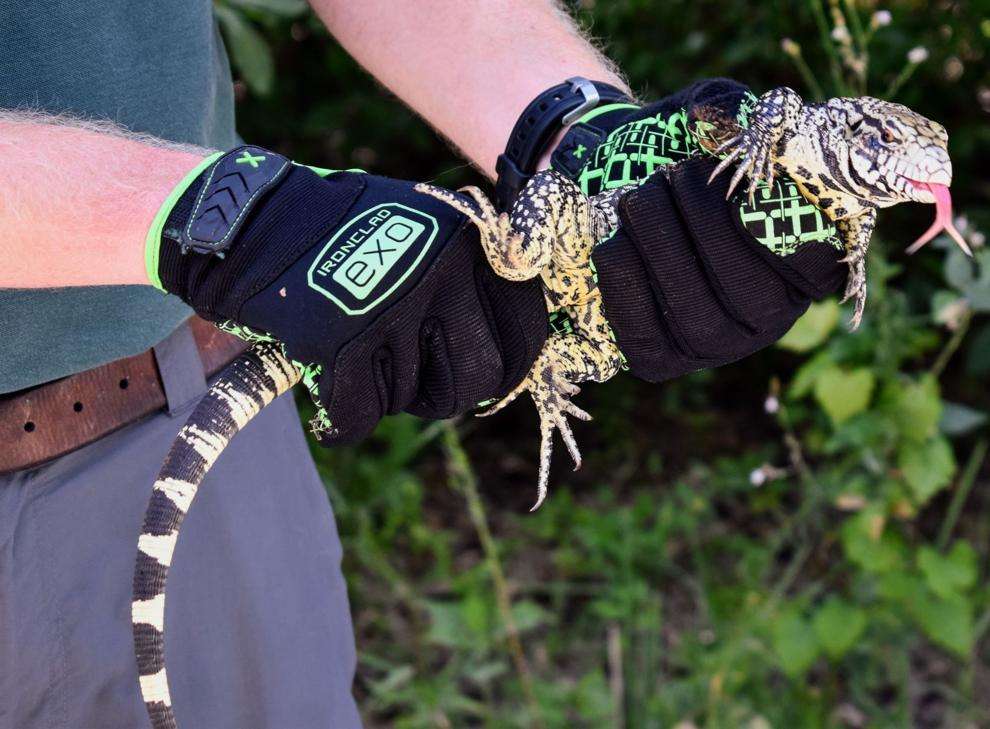Laws You Should Know Before Moving to Florida
March 3, 2023

When you think about moving to Florida, what images come to mind? What could be better than endless sunshine and miles of white-sand beaches? What about Miami’s nightlife?
While you may be thinking about having a good time, keep in mind that new residents to Florida may want to know what they’re getting into before moving. Florida’s laws, it turns out, set it apart from the rest of the country.
Here’s a list of some of the things that you can’t bring into Florida.
Almost anything is legal if you have a Florida Concealed Weapons and Firearms License (CWFL). The following are some of the more prevalent weapons that Florida allows:
Carry is still prohibited in a number of areas, including government buildings, schools, and polling stations.
In Florida, no license is necessary for:
Please note that only handguns are covered uniformly across the state. Local laws on all other firearms may differ, so double-check. Also, except in a few limited circumstances, open carry is prohibited in Florida. While it is lawful to own and keep a firearm or weapon in your home, a private property owner has the option of prohibiting weapons on their property.
A knowing violation can result in an armed trespass crime, so double-check before learning the hard way.

Florida may not have a reputation for being a gun-toting, wild-west state, but that doesn’t mean it isn’t trying.
Despite the fact that Florida is not a “open-carry” state, it is entirely lawful to carry a pistol into the state without a license. You can’t just leave it out in the open where it’ll be easily accessible. However, you can keep it in an unlocked glove compartment or in a box with a lid. There are some limitations, such as the need that you be at least 18 years old.
Recreational marijuana use is still banned in Florida as of this writing. Possession penalties range from four-digit fines to one to five years in prison. In Florida, it is also illegal to grow marijuana at home. Some Florida senators are currently lobbying for recreational marijuana legalization, while no legislation is expected before 2022.
The following are the primary plants that you are not allowed to import into Florida:
There are also other pests and types of agriculture to avoid, as detailed on the Florida Department of Agriculture’s website.
The citrus fruit industry in Florida is enormous. The peninsula is home to 59 percent of the country’s grapefruit groves, 70 percent of the country’s orange groves, and 57 percent of all citrus-growing acres in the United States. It’s no surprise, then, that the state maintains a network of agriculture inspection stations — twenty-three in total – where officials work 24/7 to prevent plant pests and diseases from invading and ruining their crops.
These checkpoints can be found at the Georgia-Florida border and on roadways heading from the panhandle to the peninsula. If you’re driving a rental truck, you must stop for inspection by law. You are not compelled to stop if you are driving your own vehicle.
No problem if you happen to have a tangerine in your car! Fruits from citrus trees can be brought into Florida. It is forbidden to bring into Florida any and all kinds of citrus trees and portions thereof unless a special permit from the Division Director. Furthermore, without a permit from the Florida Department of Environmental Protection, no non-native aquatic plants or seeds may be transported into the state .
Your Ficus tree does not get a pass, whereas your tangerine does. Household plants must be accompanied by a certificate of inspection while entering Florida. If your home state does not give such certification, the state requires that you supply the DEP with a Florida location where the plants will be kept. If required, the department will use this information to conduct a follow-up inspection. So long as you and your Ficus provide Officer Friendly with the information he or she requires, you and your Ficus should be able to continue driving down the highway together.
Check this page of the FDACS website to make sure what you’re carrying is legal.

Most conventionally domesticated animals can be brought into Florida, however they must be inspected during the first month. Within thirty days of bringing your dog, cat, or bird into the state, you should have a certificate of veterinary inspection.
If you own a cat, you have it easy in Florida—at least in terms of the few restrictions that govern cat ownership. Rather than going to the state, find out what regulations apply to your feline companion in your local town.
You may find it beneficial to know that you can keep non-venomous, non-threatened snakes, reptiles, and amphibians on the more exotic side.
Exotic animals like gorillas, snow leopards, and Komodo dragons are prohibited (at least without formal authorization). Read the Florida Fish and Wildlife Conservation Commission’s statement.
Related Articles:





